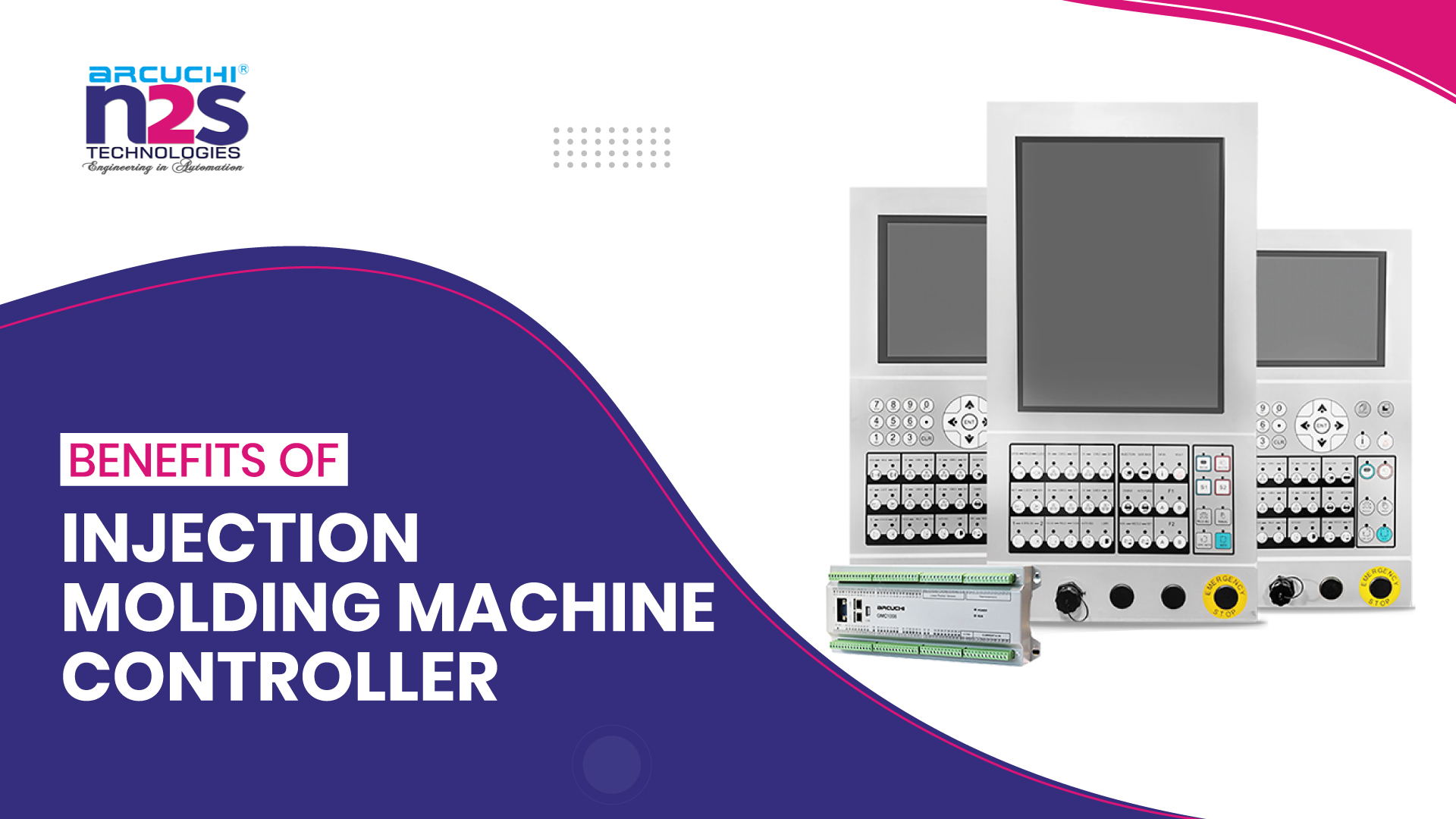Benefits Of Injection Molding Machine Controller
- - Category: Electronics
- - 20 Feb, 2024
- - Views: 4
- Save
Injection molding machine controllers offer numerous benefits in the manufacturing industry, particularly in the product

1. Precision and Accuracy: Ensure precise control over the molding process, including temperature, pressure, and speed. This precision leads to the production of high-quality, accurately shaped parts.
2. Reduced Cycle Times: Efficient controllers optimize the injection and cooling cycles, reducing the time it takes to produce each part. This increased speed enhances overall manufacturing productivity.
3. Energy Efficiency: Modern Injection molding machine controllers are designed to optimize energy usage. They regulate the power consumption of motors and heaters, leading to significant energy savings and reduced operational costs.
4. Customization and Flexibility: IMM controllers allow for easy customization of molding parameters. Manufacturers can quickly adjust settings to produce different types, sizes, and shapes of plastic components without lengthy retooling processes.
5. Consistency in Production: By maintaining consistent processing parameters, these controllers ensure that each molded part is of the same high quality. This consistency is crucial for industries where uniformity and quality standards are paramount.
6. Remote Monitoring and Control: Many modern controllers are equipped with remote monitoring capabilities. Manufacturers can monitor the machine's performance, make real-time adjustments, and diagnose issues remotely, leading to reduced downtime and improved maintenance efficiency.
7. Waste Reduction: Precise control over the molding process minimizes material wastage. Injection molding machine controllers optimize the amount of material used for each part, reducing scrap and contributing to cost savings and environmental sustainability.
8. Improved Mold Life: Proper control of molding parameters, such as temperature and pressure, extends the lifespan of molds. By preventing overheating and wear, these controllers help in reducing maintenance costs and downtime associated with mold replacements.
9. Enhanced Safety Features: Modern controllers come with advanced safety features, such as emergency stop mechanisms and sensor-based safeguards. These features protect both the machine operators and the equipment itself, ensuring a safer working environment.
10. Ease of Use: User-friendly interfaces and intuitive controls make it easier for operators to set up and monitor the injection molding process. Training time is reduced, and operators can quickly respond to changing production needs.
11. Cost Efficiency: By optimizing the production process, reducing wastage, and minimizing downtime, injection molding machine controllers contribute to overall cost efficiency. Manufacturers can produce high-quality parts at a lower cost per unit, improving profitability.
